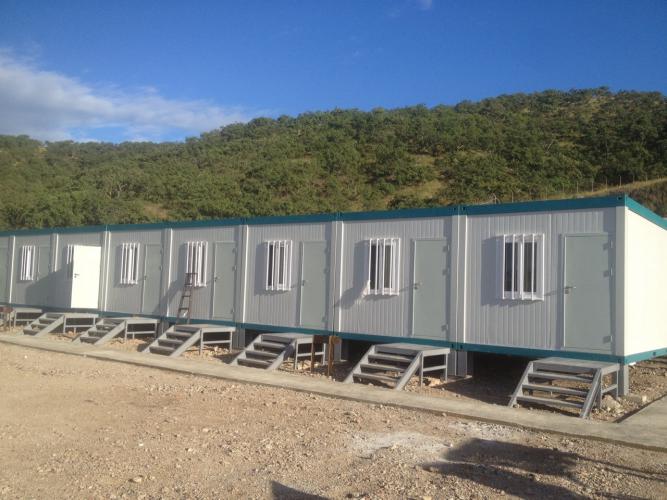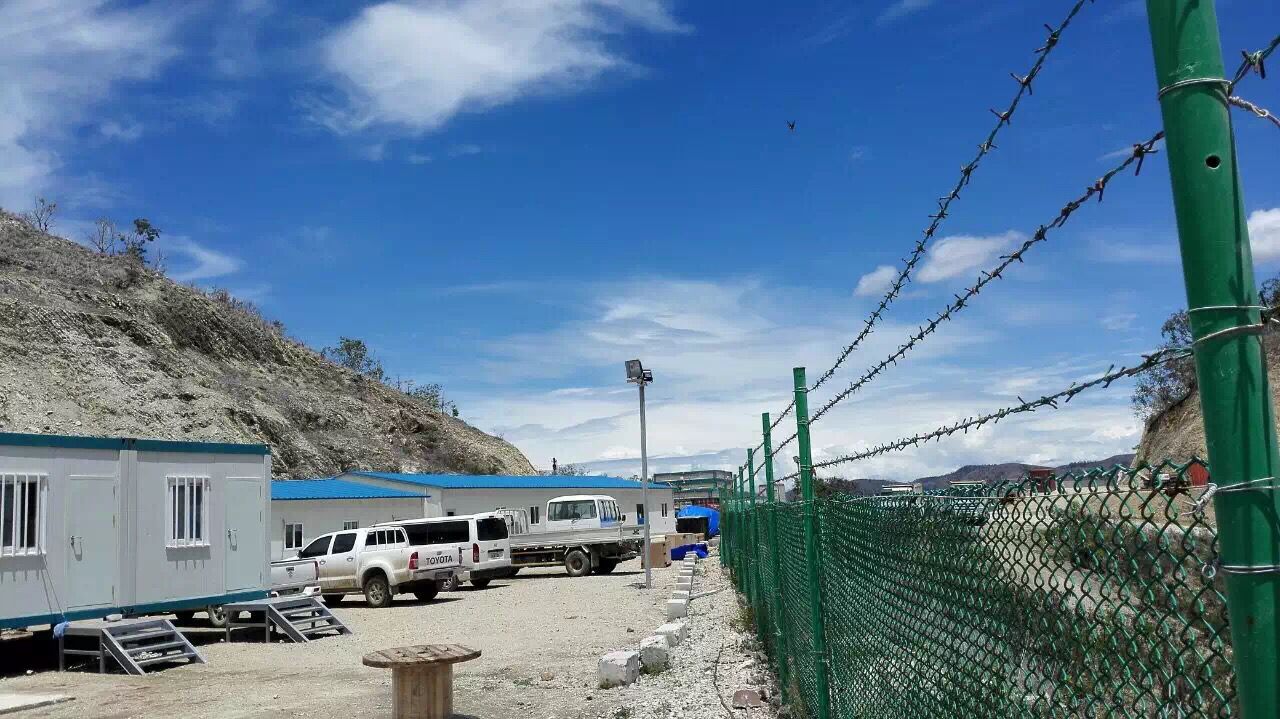In today's fast-paced world, flexibility and mobility are becoming increasingly important across industries. Whether managing temporary workforce housing on construction sites, establishing emergency response facilities, or creating adaptable community spaces, mobile modular containers have emerged as the transformative solution for modern challenges. Chengdong Modular House has been at the forefront of this revolution, delivering innovative mobile container solutions to over 100 countries across more than 1,000 projects globally.
What Are Mobile Modular Containers?
Mobile modular containers represent a paradigm shift in how we think about buildings and housing. Unlike traditional construction, these units are manufactured in controlled factory environments with precision quality control, then transported as complete or semi-complete assemblies to deployment sites. The key distinction of mobile modular containers lies in their inherent transportability—they can be relocated as intact units without disassembly, making them ideal for projects that demand flexibility and rapid deployment.
These containers combine standardized manufacturing with customizable design, offering a modular approach that allows different functional units to be combined horizontally and vertically. The result is a system that is simultaneously cost-effective, durable, and uniquely adaptable to virtually any project requirement.
The Core Advantages of Mobile Modular Containers
Portability and Relocatability
The most defining characteristic of mobile modular containers is their ability to be moved intact from one location to another. This feature delivers exceptional value for projects with shifting timelines or multiple sites. Unlike traditional buildings that must be demolished and reconstructed, a mobile modular container can be lifted and relocated as a complete unit, eliminating expensive secondary construction and reducing on-site labor requirements significantly.
This capability proves invaluable for industries such as mining, oil and gas exploration, and infrastructure development, where project sites may change or project phases require facility relocation. The container can be moved from one site to another as construction progress demands, greatly reducing the total cost of facility ownership across multiple project phases.
Rapid Deployment and Installation
Factory preparation ensures that mobile modular containers arrive at the site ready for immediate use. The installation process is dramatically accelerated compared to conventional construction. A single container typically requires only 2-6 hours for complete installation and connection to utilities, compared to weeks for traditional building methods.
The pre-fabrication approach means that electrical circuits, plumbing systems, insulation, flooring, and fixtures are all installed in the controlled factory environment. This approach not only speeds up installation but also ensures superior quality control and consistency across all units. Workers can begin using the facilities almost immediately upon arrival, rather than waiting months for construction to complete.
Cost Efficiency and Economic Value
Mobile modular containers deliver significant cost advantages at every stage of their lifecycle. Factory production eliminates costly on-site labor, reduces material waste, and enables economies of scale through standardized manufacturing. Transportation is optimized through clever design—multiple containers can be nested and packed into standard shipping containers, dramatically reducing per-unit transportation costs for international projects.
The ability to relocate containers for reuse across multiple projects extends their economic value substantially. A container used on a three-year construction project can then be relocated to serve additional projects, multiplying its return on investment. This reusability factor makes mobile modular containers particularly attractive for organizations managing multiple concurrent or sequential projects.
Superior Quality and Durability
Quality control begins at the manufacturing stage. Each mobile modular container is constructed with precision specifications, using hot-dip galvanized steel frames and high-quality composite wall panels. These containers can withstand Category 11 wind conditions under standard specifications, and with specialized treatment, can endure Category 17 hurricanes.
The durability of modern mobile modular containers means a service life extending 20+ years under normal conditions. This longevity, combined with their portability, makes them an environmentally responsible choice. Rather than constructing single-use temporary facilities that end up in landfills, mobile containers can be recycled multiple times across different projects throughout their extended lifespan.
Environmental and Sustainability Benefits
Mobile modular containers align perfectly with modern environmental sustainability goals. Their factory production reduces construction waste dramatically compared to traditional on-site building. The ability to relocate and reuse these containers multiple times significantly reduces the overall environmental impact of temporary and semi-permanent infrastructure.
The minimal foundation requirements and reduced material consumption during manufacturing further reduce the environmental footprint. When projects conclude, containers can be relocated to new sites rather than demolished, preserving resources and eliminating construction debris. This circular economy approach resonates with organizations committed to sustainable practices.
Key Applications for Mobile Modular Containers
Construction and Infrastructure Projects
Construction companies use mobile modular containers for on-site worker accommodation, administrative offices, and support facilities. As construction progresses through different phases, the containers can be relocated to maintain optimal site logistics. They provide secure storage, equipment facilities, dining areas, and sanitation facilities—all deployable within days rather than weeks.
Mining and Resource Extraction
The mining industry has embraced mobile modular containers as the preferred accommodation solution for remote sites. Harsh environments, extreme climates, and remote locations make mobile containers essential. They provide safe, comfortable working and living environments in locations where traditional construction would be prohibitively expensive and time-consuming.
Oil and Gas Operations
Temporary workforce housing for oil and gas projects requires rapid deployment, durability, and adaptability. Mobile modular containers excel in these demanding environments, providing accommodation for transient workforces across multiple project sites. Their ability to be relocated matches the nature of exploration and development activities that move from site to site.
Emergency Response and Humanitarian Assistance
Disaster response scenarios demand immediate deployment of temporary shelter and support facilities. Mobile modular containers can be rapidly transported to affected areas and installed within hours, providing emergency accommodation, medical facilities, command centers, and supply storage when communities need them most.
Infrastructure and Transportation
Railway expansion projects, airport construction, and highway development all benefit from mobile modular containers. These projects require temporary facilities at specific locations for defined periods. Mobile containers provide the flexibility to establish facilities where needed and relocate them as project phases progress.
Educational and Healthcare Facilities
During renovations, expansions, or emergency responses, educational institutions and healthcare facilities use mobile modular containers to maintain operations without interruption. Classroom spaces, medical clinics, administrative offices, and supply areas can be rapidly deployed and removed as needed.
Technical Specifications and Product Range
Standard Container Dimensions and Performance
Mobile modular containers typically feature standardized exterior dimensions of 6,055 mm × 2,990 mm × 2,896 mm, with interior usable space of 5,845 mm × 2,780 mm × 2,500 mm. These dimensions are optimized for efficient transportation and functional space utility.
Standard specifications include:
Structural Components: Hot-dip galvanized steel frames providing superior corrosion resistance, particularly important for coastal or humid environments. The structural design enables stacking up to three layers high for efficient space utilization.
Insulation: Roof and floor insulation typically consists of 100 mm glass fiber wool, while wall panels feature 75 mm rock wool or glass wool composite boards. These specifications maintain comfortable interior temperatures in diverse climates, from extreme heat to severe cold.
Climate Performance: Heat transfer coefficients are engineered for efficiency—roofs at 0.64 W/m²K, floors at 0.46 W/m²K, and wall boards at 0.47 W/m²K—ensuring minimal heating and cooling energy requirements.
Load Capacity: Designed to support 2.0 kN/m² floor load and 0.5 kN/m² roof load, with wind resistance rated at 0.5 kN/m² under standard conditions.
Customization Options
Beyond standard configurations, mobile modular containers can be extensively customized to meet specific project requirements:
Functional Specialization: Containers can be configured as dormitory rooms, office spaces, kitchens and dining facilities, medical clinics, bathrooms and shower facilities, recreational areas, or storage facilities. Each configuration optimizes the interior layout for its intended purpose.
Material Selections: Wall panel thickness can be increased from the standard 75 mm to 100 mm for extreme climates. Flooring options range from standard rubber-plastic composite to wood or tile surfaces. Ceiling materials can be tailored from standard color-coated steel to acoustic panels for noise reduction.
Climate Adaptations: For cold climates, enhanced insulation packages and specialized heating systems can be integrated. Tropical climate versions feature improved ventilation, elevated foundations for flood protection, and specialized materials resistant to humidity and mold.
Modular Connections: Advanced connector systems allow containers to be linked seamlessly in any direction—end-to-end, side-by-side, or stacked vertically—creating functional layouts of virtually unlimited complexity.
The Mobile Modular Ecosystem
Integrated Campus Solutions
Mobile modular containers rarely function in isolation. Comprehensive projects integrate multiple container types with supporting infrastructure—water and sanitation systems, electrical distribution, waste management, security systems, and transportation networks. This holistic approach ensures that temporary facilities function as cohesive, comfortable communities rather than collections of disconnected units.
Chengdong Modular House specializes in designing these integrated solutions, combining housing containers with support facilities and infrastructure systems to create complete operational camps. Their "Nine Systems" approach encompasses building systems, water supply and drainage, electrical power, communications, fire suppression, security, transportation infrastructure, camp facilities, and environmental protection—ensuring nothing is overlooked.
Transportation and Logistics
Mobile modular containers require sophisticated logistics planning to maximize efficiency. Containers are specially packaged using standardized maritime container volumes—multiple housing units can fit into a single 20-foot or 40-foot shipping container through careful nesting and protective packaging.
For international projects, this logistics expertise becomes invaluable. Customs clearance, regulatory compliance, inland transportation arrangements, and final site delivery all require specialized knowledge. Experienced suppliers maintain relationships with local transportation partners in key regions, ensuring smooth delivery regardless of destination complexity.
Installation and Assembly Support
Professional installation services ensure that mobile containers are properly positioned, leveled, securely bolted together, and connected to utilities correctly. This support extends beyond physical installation to include quality assurance inspections, functionality testing, and operator training.
Selecting the Right Mobile Modular Container Solution
Assess Your Project Requirements
Before selecting mobile modular containers, conduct a thorough assessment of your needs:
Duration: How long will the facility be needed? Short-term projects (6-12 months) versus longer-term installations (2+ years) may suggest different container types or rental versus purchase decisions.
Climate Conditions: Understand the local climate thoroughly. Extreme heat, cold, humidity, coastal salt spray, or high winds all demand specific adaptations to standard designs.
Workforce Composition: The demographic profile of workers—skilled professionals, laborers, temporary versus long-term staff—influences space requirements, amenity levels, and functional room configurations.
Functional Requirements: Beyond accommodation, identify all necessary support facilities—dining areas, medical facilities, administrative offices, storage, sanitation, recreational spaces.
Site Conditions: Physical site characteristics—terrain, access routes, utilities availability, environmental restrictions—all influence container selection and placement strategy.
Evaluate Supplier Credentials
Partner with established, reputable suppliers offering:
Proven Track Record: Documented experience with similar projects in comparable climates and industrial sectors. References from previous clients provide invaluable insight into performance and reliability.
Certifications: International certifications including ISO 9001 (quality management), ISO 14001 (environmental management), CE certification for structural components, and regional building certifications demonstrate commitment to standards and quality.
Technical Capability: In-house engineering and design resources enable customized solutions tailored to unique project requirements rather than forcing projects into cookie-cutter standard designs.
Support Services: Comprehensive support from initial planning through final installation, including logistics coordination, site installation management, and ongoing maintenance support.
Negotiate Contracts Strategically
Establish clear contractual terms addressing:
Performance Specifications: Detailed technical drawings, materials specifications, and quality standards ensuring alignment between your requirements and supplier capabilities.
Timeline and Delivery: Explicit schedules for manufacturing, quality inspections, packaging, shipment, delivery, and installation.
Payment Terms: Clear payment schedules, typically structured as deposits upon order, progress payments during manufacturing, and final payment upon delivery.
Warranty and Support: Comprehensive warranty coverage for structural integrity, weatherproofing, electrical systems, and plumbing, with clear procedures for warranty claims and service.
Customization Costs: Transparent pricing for non-standard configurations, additional insulation, specialized equipment, or unique design requirements.
Emerging Trends in Mobile Modular Containers
Smart Building Integration
Modern mobile modular containers increasingly incorporate smart building technologies—automated climate control, occupancy sensors, energy monitoring, and integrated security systems. These technologies optimize comfort while reducing operational costs through intelligent resource management.
Enhanced Sustainability Features
Manufacturers are integrating renewable energy systems (solar panels), advanced water recycling, composting sanitation facilities, and recyclable construction materials. These features align mobile containers with corporate sustainability commitments.
Rapid Customization Technologies
Advanced manufacturing capabilities—including 3D design visualization, parametric modeling, and CNC fabrication—enable faster customization and shorter lead times for specialized configurations.
Modular Infrastructure Integration
The concept of modularity extends beyond the containers themselves to encompassing infrastructure systems. Modular electrical distribution, water treatment, and waste management systems enable rapid site setup and simplified relocation.
Conclusion
Mobile modular containers represent far more than temporary shelters. They embody a fundamental rethinking of how we approach infrastructure, combining the efficiency of factory manufacturing with the flexibility demanded by modern project management. For organizations seeking rapid deployment, cost efficiency, environmental responsibility, and operational flexibility, mobile modular containers offer a compelling solution.
Whether supporting construction crews in remote locations, housing displaced populations during emergencies, or establishing temporary operational bases for industrial projects, mobile modular containers deliver exceptional value. Their portability means they continue generating returns across multiple projects over decades, their rapid deployment means faster project timelines, and their quality means occupant safety and comfort.
As industries continue evolving toward greater flexibility and sustainability, mobile modular containers will undoubtedly play an expanding role. Organizations that embrace this technology gain competitive advantages through faster deployment, lower costs, and superior operational efficiency.
For organizations ready to explore how mobile modular containers can enhance their operations, partnering with an experienced provider like Chengdong Modular House—backed by 25+ years of expertise and more than 1,000 successful global projects—ensures access to proven solutions and professional support throughout your project lifecycle.
Transform your approach to temporary and flexible infrastructure. Contact Chengdong Modular House today to discover how mobile modular containers can accelerate your projects, reduce costs, and improve worker accommodation and site operations.


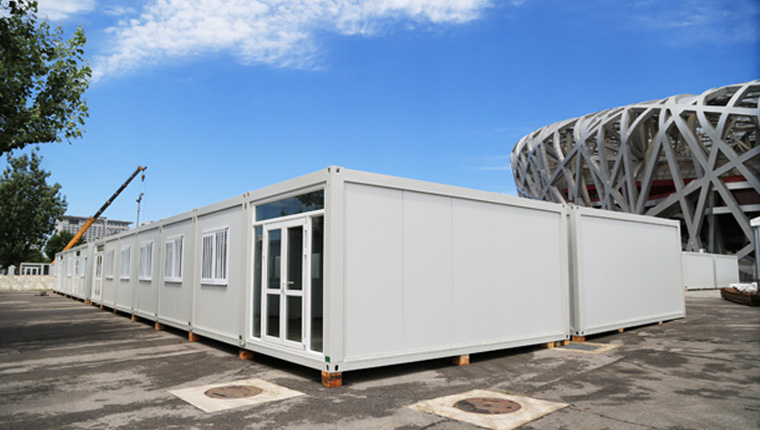
More
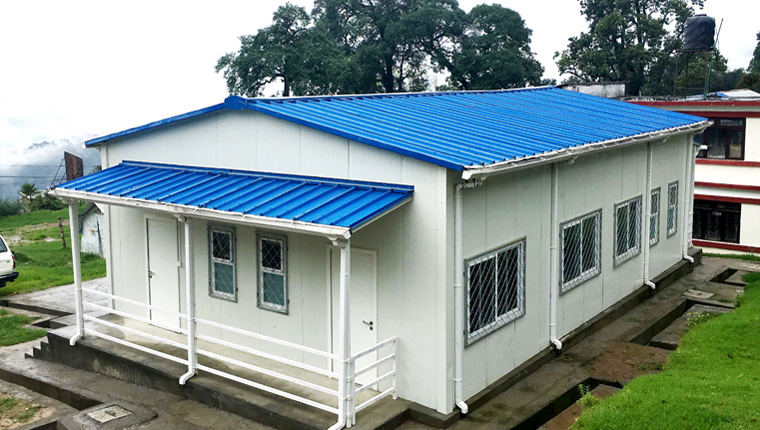
More
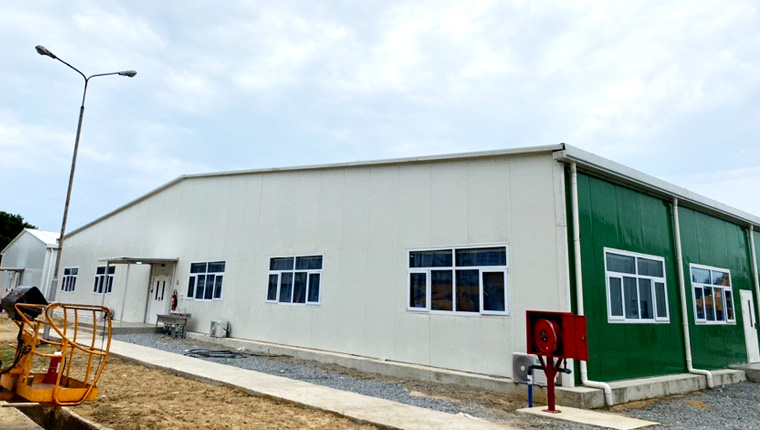
More
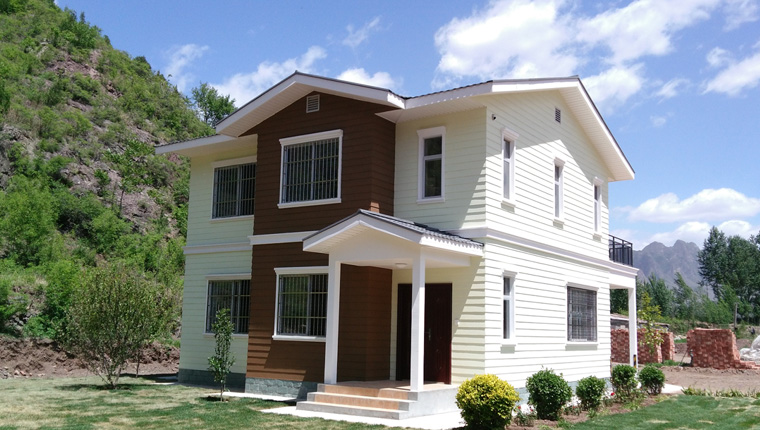
More
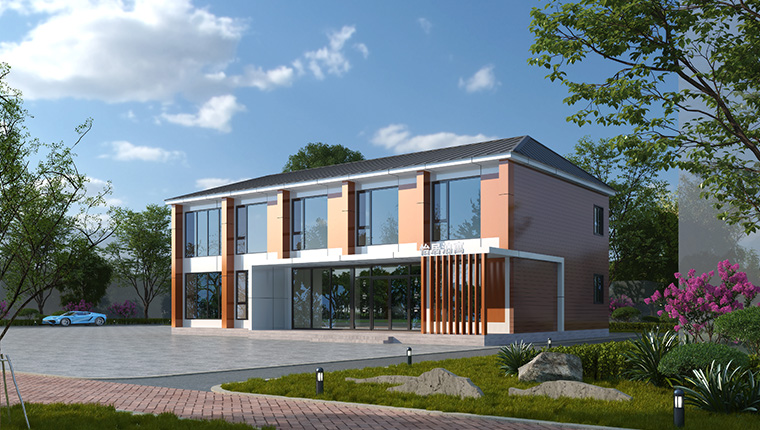
More
Learn More


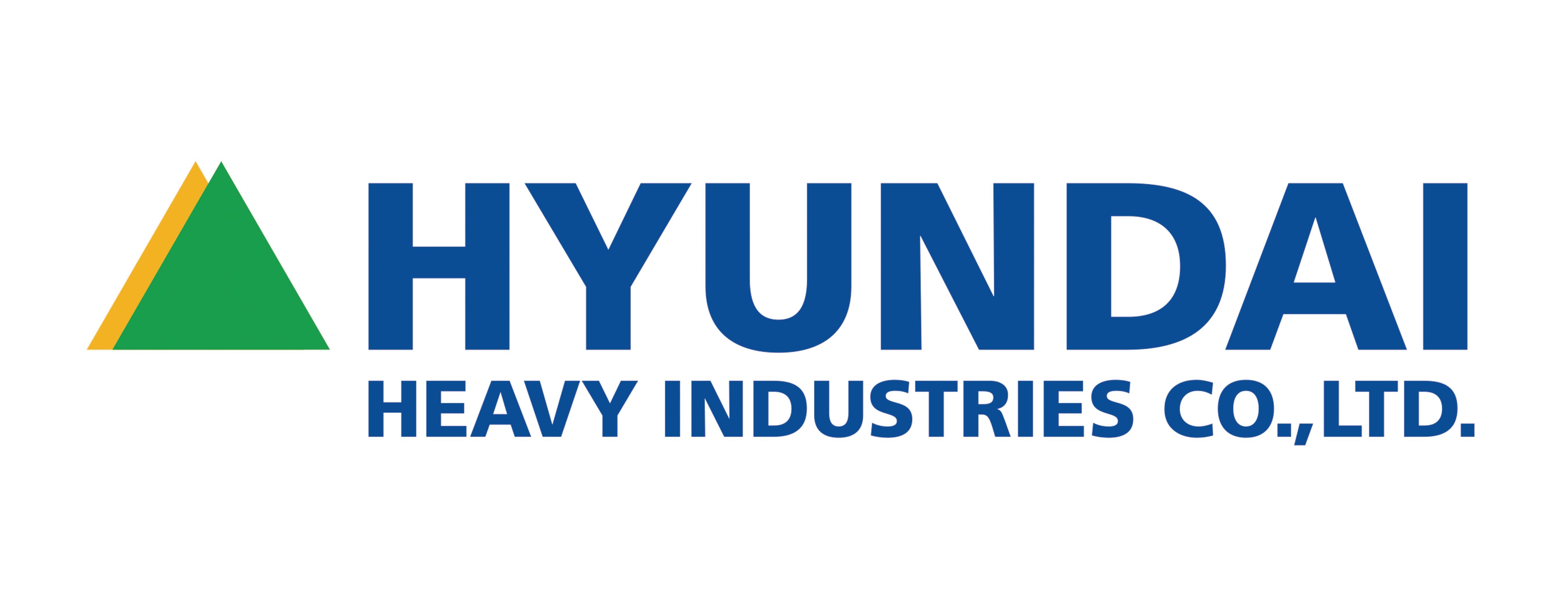
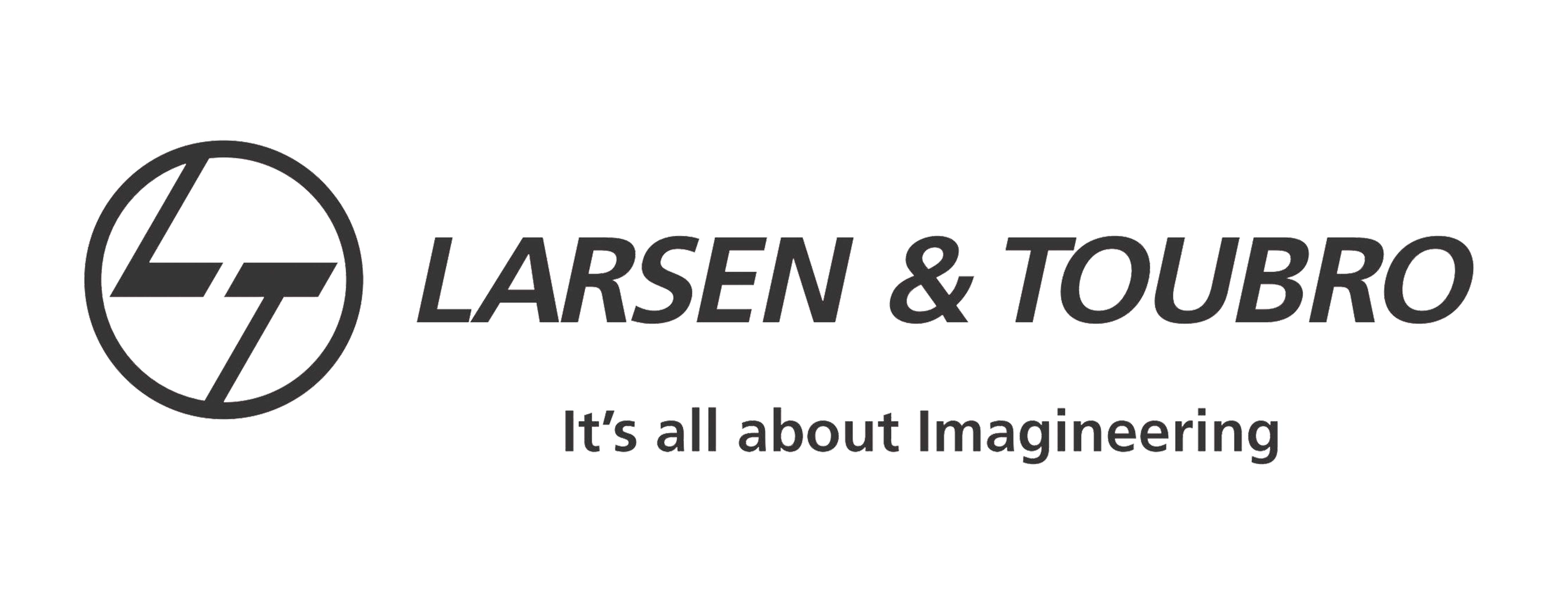



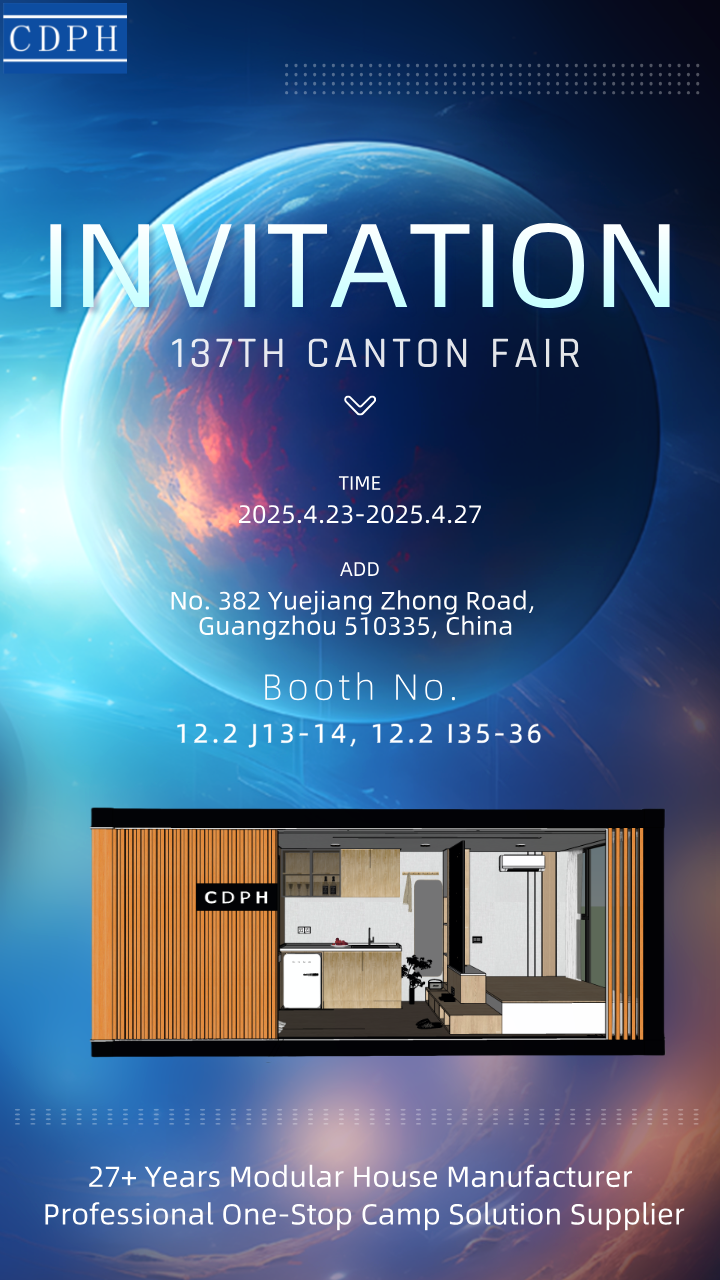

















![Top Advantages of Modular Construction Explained [2025]](/uploads/upload/images/20250424/0fb390068474145a09a8c0504c73b1d2.png)
